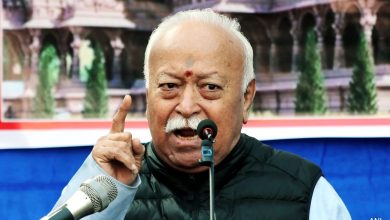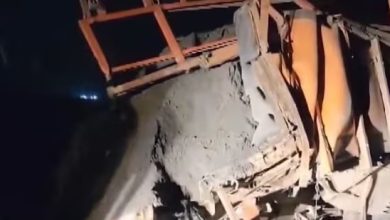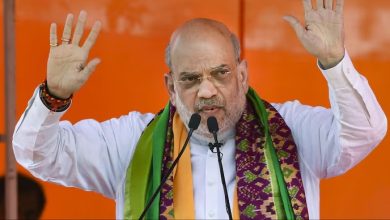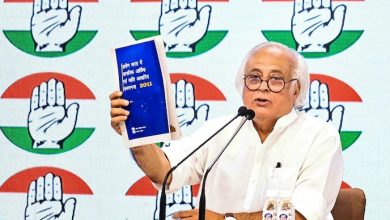PM promised to strengthen the anti-corruption law
New Delhi: Prime Minister Manmohan Singh on Wednesday promised to strengthen the anti-graft law by including corporate failure to prevent bribery as a new offence besides other steps.
“The mindless atmosphere of negativity and pessimism that is sought to be created over the issue of corruption can do us no good. It can only damage the nation’s image and hit the morale of the executive,” he said.
Addressing the annual conference of CBI and State Anti-Corruption Bureaux, Singh said experience has shown that “big ticket corruption” was mostly related to operations by large commercial entities.
“I would like to stress upon the need to protect honest public servants and keep the morale of the executive intact with our commitment,” Singh said.
The Prime Minister said amendments in the Act were necessary as the experience has shown that in vast majority of cases, it is difficult to tackle consensual bribery and the supplier of the bribe goes scot free by taking resort to provisions of the Act.
“This would be taken care of in the proposed amendments…We are also examining how the Act can be amended to protect honest public servants more effectively,” he said.
Singh said his government was firm in its commitment to do everything possible to ensure probity, transparency and accountability in governance.
“I would like to stress upon the need to protect honest public servants and keep the morale of the executive intact. I have said this in the earlier conferences also, but I think this is something worth repeating,” he said.
The Prime Minister said we need to ensure that while corrupt are relentlessly pursued and brought to book, the innocent are not harassed.
“The importance of making a distinction between bonafide mistakes and colorable exercise of power in investigation of corruption cases cannot be over emphasised,” he said.
Singh listed Direct Cash Transfers for benefits and subsidies as a new method to minimise corruption, leakages and wastage.
The Prime Minister said the economic reforms initiated in the early 1990s greatly reduced corrupt practices, associated with controls and the license-permit raj.
The investigation agencies need to continuously upgrade their skills and techniques to match the newer methods of corruption, he said.
“The nature of the challenges that a country’s anti-corruption agencies face varies with the level of its economic development,” he said.
Singh said the nature of challenges before anti-corruption agencies vary with the level of economic development.
“These challenges get even more complicated if the pace of economic development is rapid, as it has been in our country in the last two decades or so,” he said.
The Prime Minister said responsibilities that our anti-corruption agencies are expected to discharge have not only multiplied manifold, they have also become wider in scope, become more complex and more specialised.
The PM said although economic reforms have reduced old forms of corrupt practices, it has resulted in faster economic growth and new areas of economic activity which in turn led to newer opportunities for corruption, ones associated with specialisation and expansion of the economy.
“As our economy grows and becomes more integrated with the evolving global economy, the big challenge before our anti-corruption agencies is to keep pace with these rapid developments,” he said.





